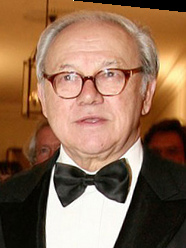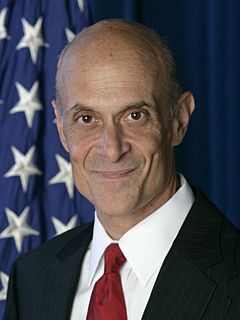A Quote by Hubert Burda
The mobile business in particular is something we must take seriously. I see tremendous prospects for all those transactions that can be handled on mobile phones.
Related Quotes
If you believe that the mobile phone is the next supercomputer, which I do, you can imagine a datacenter that is modeled after, literally, hundreds or thousands or millions of mobile phones. They won't have screens on them, but there'll be millions of lightweight mobile-phone processors in the datacenter.
There was once this viral photo of the Pope doing his Pope-mobile parade, and everyone had their phones up. But there was this one old woman looking over the fence so beautifully at him. She was totally in the moment. For me, then, I think there shouldn't be any phones at a Pope-mobile situation - or at a Beyonce concert.
I'm excited about mobile; clearly that's important. Mobile devices are kind of at the opposite end of PCs, in that PCs are pretty open and you can do a fair amount with them, but many mobile devices aren't. We're excited at the idea that we can make the same kind of contribution in the mobile space. So that's one thing coming down the pike.
We are very pleased with Vodafone's decision to adopt Windows Mobile as a preferred software platform for its mobile business. Together, we will deliver services which we expect will help Vodafone achieve cost-efficiencies while delivering new propositions to its customers, thus making Windows Mobile an even more compelling platform.







































